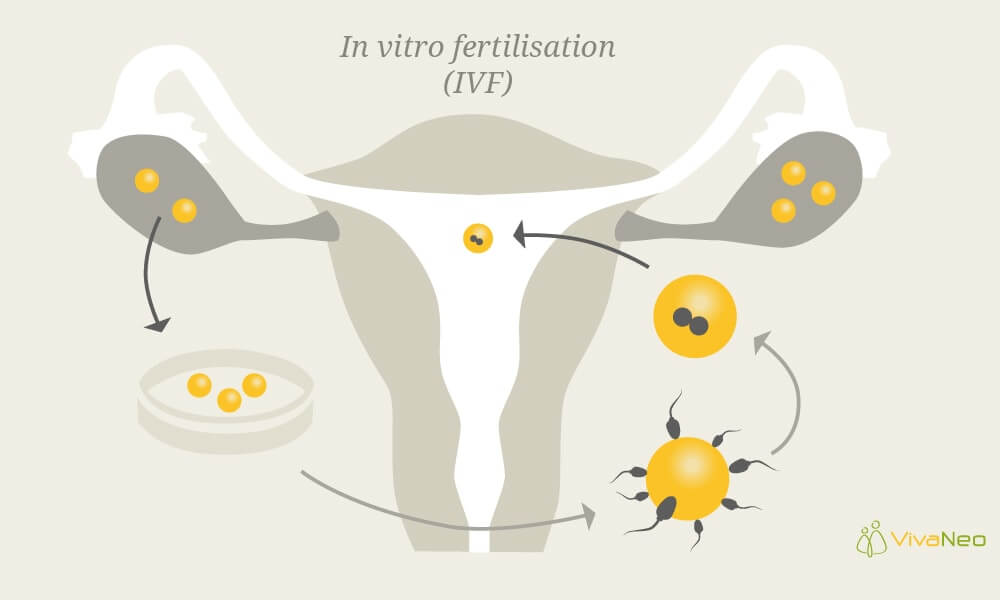First of all, what is infertility?
Infertility is when a couple cannot get pregnant (conceive) despite having regular unprotected sex for up to one year. About 84% of couples will conceive naturally within a year if they have regular unprotected sex (every 2 or 3 days). Infertility is usually only diagnosed when a couple have not managed to conceive after a year of trying.
There are 2 types of infertility:
Primary infertility – where someone who’s never conceived a child in the past has difficulty conceiving
Secondary infertility – where someone has had 1 or more pregnancies in the past, but is having difficulty conceiving again
Infertility affects 1 in 6 couples. That means that even though it is not widely discussed, it is common enough that it is most likely affecting someone you know. Being diagnosed as infertile doesn’t mean you can’t get pregnant ever. It just means something is preventing your body from getting pregnant on its own, and there may be need to get help from a fertility doctor, known as a reproductive endocrinologist, to understand and overcome the problem.
National Infertility Awareness Week runs from April 19 – 25. This week’s National Infertility Awareness Week aims to raise awareness and increase understanding around this issue. It is also a chance to highlight the difficulties some parents face and give support and understanding to the 1 in 6 couples struggling to become parents.
There are many reasons why pregnancy doesn’t happen easily for everyone and why, sadly, for some couples having a baby doesn’t happen at all.
Unexplained infertility accounts for around 1 in 4 cases of infertility. This is when no cause can be identified in either partner.
Being faced with repeated setbacks on your road to parenthood is mentally and physically stressful. It is important to be aware of the psychological effect these experiences can have and seek help if you need it.
Infertility is a disease that is not only about your physical health, but one that can affect your mental health too. It is so important to look after and be kind to yourself.
Falling pregnant after a period of uncertainty and disappointment can also be tough. The pressures and expectations from those around you to be happy, glowing and grateful can be exhausting or upsetting.
See your doctor if you have not conceived after a year of trying.
You should see a doctor sooner if:
- You are female and are aged 36 or over – the decline in fertility speeds up when reaching your mid-30s
- Have any other reason to be concerned about your fertility, for example, if you’ve had treatment for cancer or you think you might have had a sexually transmitted infection (STI)
Fertility tests can take time and female fertility decreases with age, so it’s best to start seeking solutions early.
The doctor will be able to do an initial assessment to check for things that may be causing your fertility problems and advise you about what to do next.
It’s always best for both partners to visit the doctor as fertility problems can affect either or both partners.
Trying to conceive can be an emotional process, so it’s important to support each other as much as possible. Stress is just one factor that can affect fertility.
In the UK,The National Institute for Health and Care Excellence (NICE) recommends that women with unexplained infertility who have not conceived after 2 years of having regular unprotected sex should be offered IVF treatment.
Assisted conception
Intrauterine insemination (IUI)
Intrauterine insemination (IUI), also known as artificial insemination, involves inserting sperm into the womb via a thin plastic tube passed through the cervix.
Sperm is first collected and washed in a fluid. The best quality specimens (the fastest moving) are selected.
In vitro fertilisation (IVF)
In vitro fertilisation (IVF), is when an egg is fertilised outside the body. Certain drugs are taken to encourage the ovaries to produce more eggs than usual.
Eggs are collected from the ovaries and fertilised with sperm in a laboratory. A fertilised egg (embryo) is then returned to the womb to grow and develop.
This is just a basic explanation of the above assisted reproduction techniques. The reality is a lot more complex, stressful and expensive.
Infertility can be a very lonely disease and it is important to be kind and supportive to any couple that you suspect may be suffering from this condition. It is als best to avoid asking intrusive questions to couples you know who are yet to conceive as this can worsen the pain they might be experiencing.
If you or anyone you know is going through infertility, remember that help and support is available. This condition affects many couples all over the world and you are not alone.








